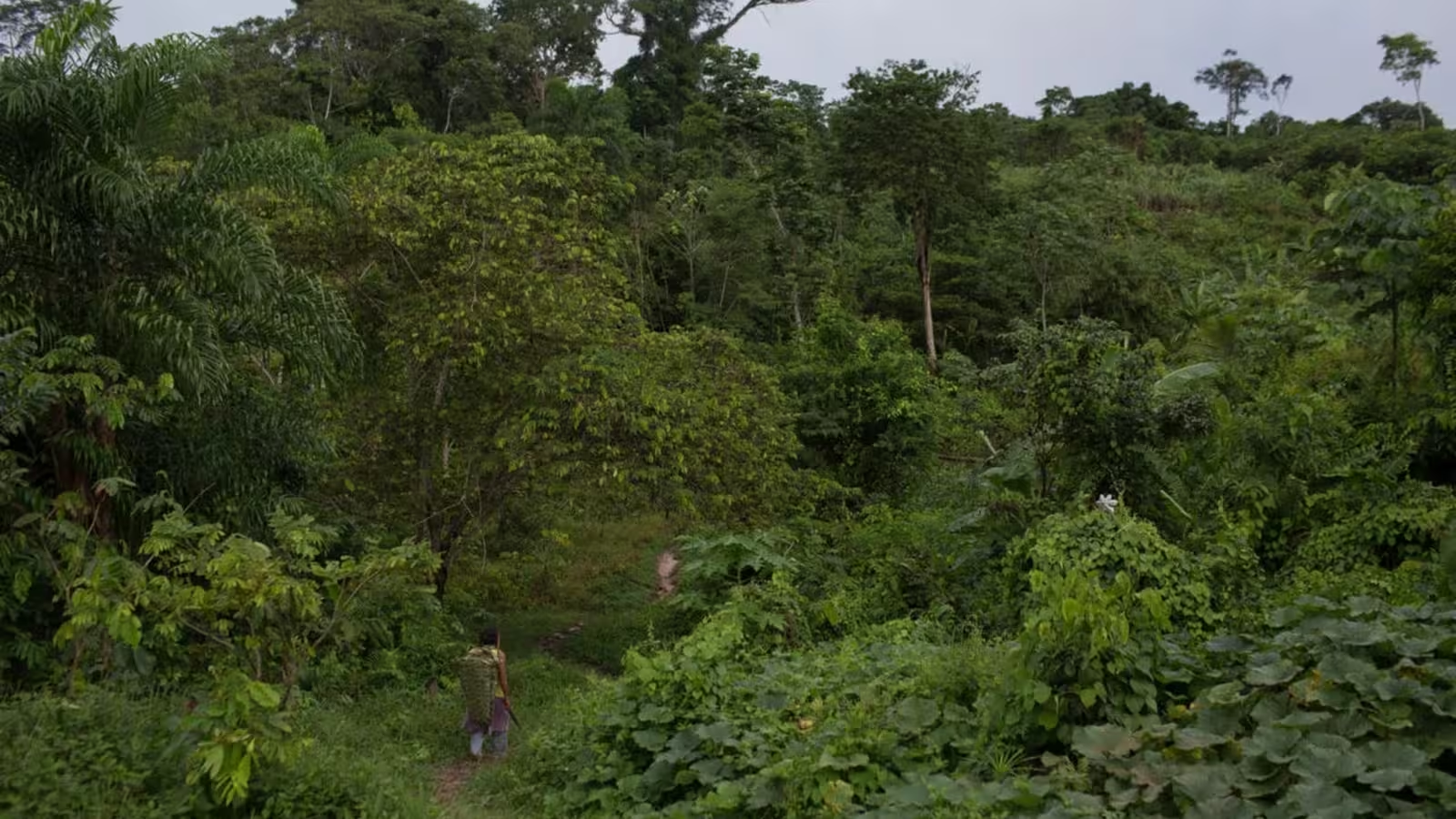3 Minutes
Cutting-Edge Audio Devices Reach Deep into the Amazon
In a new twist to missionary technology, an investigative report by The Guardian and O Globo has uncovered the use of solar-powered audio devices as tools for religious outreach among isolated Indigenous communities in Brazil's remote Javari Valley. These portable, solar-driven gadgets are quietly being left in villages near the Peru border, where they play biblical readings in Portuguese and Spanish in an effort to evangelize tribes with little or no previous contact with outside communities.
How the Solar-Powered Evangelism Devices Work
The compact audio players, known as "Messenger," are distributed by In Touch Ministries, a US-based Baptist organization. Engineered for resilience in remote environments, these devices operate entirely off-grid, thanks to integrated solar panels that recharge their batteries — making them particularly effective for use in dense rainforests where electrical infrastructure is nonexistent. Once activated, devices play a curated selection of Bible passages and messages, tailored in the local languages to maximize reach.
For example, one such device was reported to play, "Let’s see what Paul says as he considers his own life in Philippians chapter 3, verse 4…"—demonstrating both the clarity and direct content focus offered by the technology. Local reports suggest that as many as seven devices have surfaced in the region, with photographic and video documentation confirming at least one phone-sized, weather-resistant unit deployed in a Korubo village.
Unique Features and Advantages of the Messenger Device
- Solar-Powered Recharging: Ensures continuous operation in areas without electricity.
- Durable, Portable Design: Designed to survive harsh Amazonian climates and conditions.
- Multilingual Audio Content: Delivers messages in Portuguese and Spanish, with potential for localization in other tongues.
- Low-Tech, User-Friendly: Can be easily used by individuals unfamiliar with mainstream digital devices.
Compared to traditional missionary methods like printed literature or in-person visits, this audio technology minimizes logistical challenges—and in theory, physical contact—but simultaneously raises questions about cultural sensitivity, consent, and public health.
Ethical Debates and Policy Implications
Javari Valley is recognized as the world’s most densely populated region of uncontacted tribes. For decades, Brazil’s National Foundation for the Indian (FUNAI) has strictly prohibited all outsiders from entering this territory, imposing a ban since 1987 to safeguard Indigenous autonomy and health. By introducing tech devices directly into isolated villages, missionaries may circumvent physical boundaries but not the spirit of these regulations. Experts warn that even indirect contact — such as the unattended placement of gadgets — violates established public policy and could threaten the tribes’ delicate balance with the outside world.
Another significant concern involves biosecurity. Historically, direct contact with isolated peoples has resulted in widespread disease outbreaks, to which these communities have little or no immunity. While solar-powered devices may reduce some aspects of direct risk, their introduction still poses cultural and ethical challenges.
Market Relevance and Global Impact
Solar-powered audio technology like the Messenger device underscores the broader trend of leveraging digital innovation to reach previously inaccessible audiences. Its application highlights the role of off-grid tech in global outreach—not just for religious organizations but also for education, public health, and disaster response in developing regions where infrastructure is limited.
However, the deployment of such devices in sensitive contexts underscores the pressing need for international discussion about digital ethics, informed consent, and respect for indigenous rights—especially as tech innovation enables access to even the most remote corners of the planet.
Source: gizmodo



Comments